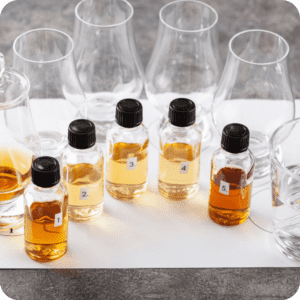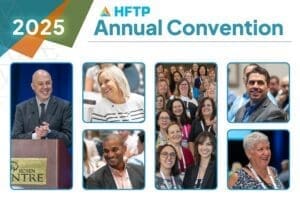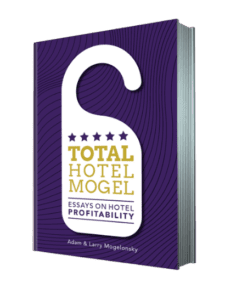 HSMAI are inviting entries to the award and prizes from the hotel and travel industry. YourÊorganisation is welcome to sign up for the competition for submission of works to The HSMAI Region Europe Service Award 2016. Contributions must be submittedÊas soon as possibleÊno later than March 16.
HSMAI are inviting entries to the award and prizes from the hotel and travel industry. YourÊorganisation is welcome to sign up for the competition for submission of works to The HSMAI Region Europe Service Award 2016. Contributions must be submittedÊas soon as possibleÊno later than March 16.
Questions may be directed toÊpostbox@hsmai.eu …
Entry and prizes per category
The jury will award prizes in each of the following categories where the organisation demonstrates a commitment to the (development of their) Service Pledge, to make a considerable difference to their customers’ service experience.
Categories:
Customer ServiceÊ(including how key stages of the customer journey are identified, critical points, selected service development with rationale, feedback loops and measurements)
Company CultureÊ(including employee recruitment and development, processes for internal communication, celebration and rewards of successes, strategies for dealing with barriers, evidence of impact on customer service experience)
Service RecoveryÊ(including customer feedback systems, processes for handling dissatisfied customers, employee empowerment, measurements, evidence of improvements)
CommunicationÊ(in relation to customer service experiences and key stakeholders, internally and externally, methods used or pioneered, involvement of management and employees, measurements)
Entry for the overall Service Award 2016
An overall winner of the Service Award 2016 will be an organisation who, over several years, can demonstrate an outstanding commitment to improve their customers journey, consistently and creatively. Particular attention will be paid to how efforts in the categories above are integrated, seamlessly and positively, to make a considerable difference to how the organisation’s customer service is experienced and the credibility of its (development of a) Service Pledge.
A special mention isÊfor entries that may at this stage not quite have reached the stars but are showing such promise in a specific section of their entry, that the jury wishes to highlight this.
Here is what the jury will look particularly for within every category:
Customer Service
Including how key stages of the customer journey are identified, critical points and involvement, selected service development and changes with rationale, feedback loops and measurements. How is consistency and quality assured? Explanations and / or case studies of, for example, service designed, changes made, outcomes and measurements Êwill be helpful.
Company Culture
Including changes to processes for internal communication, celebration and rewards of successes, strategies for dealing with barriers, employee recruitment and development and evidence of impact on customer service experience.
Be specific, what measures have been implemented, which and how many employees have been involved, how much time per employee, management involvement. Share systems or processes used, difficulties to overcome and how, what changes have they resulted in, for example in relation to employees motivation, qualifications, workloads, absences due to illnesses etc.. Include, wherever possible, evidence and case studies of how the employees own experiences may have a positive impact on the customer service experience and its consistency.
Service Recovery
How does your organisation improve the service recovery process?ÊIncluding innovative (use of) customer feedback systems, changes to processes for handling dissatisfied customers, changes to employee empowerment levels, measurements, evidence of improvements. Are there improvements in how the feedback improves the service quality? What are they and how do you do and measure this? ÊWho is involved and why? How are the employees prepared? Use specific examples and data where possible).
Communication
This is in relation to the quality of customer service experience and the organisation’s Service Pledge.
Include examples of how communication (two ways) with key stakeholders (internal and external; for example customers, owners, local community, management, employees, suppliers) have had a positive impact on a) developing the organisation’s service pledge and b) the service experienced at key stages of the customer journey in the organisation. Share (diplomatically) how you have dealt with any barriers or difficulties.
Enclose examples of successfully implemented changes to improve the customer service experience. This may include frequency of communication, use of different channels, innovative follow up measures, level of empowerment at customer contact points, training in changes in communication.
Demonstrate how perceptions of sincerity, transparency and trustworthiness are handled and their impact on the successful implementation of the Service Pledge.















